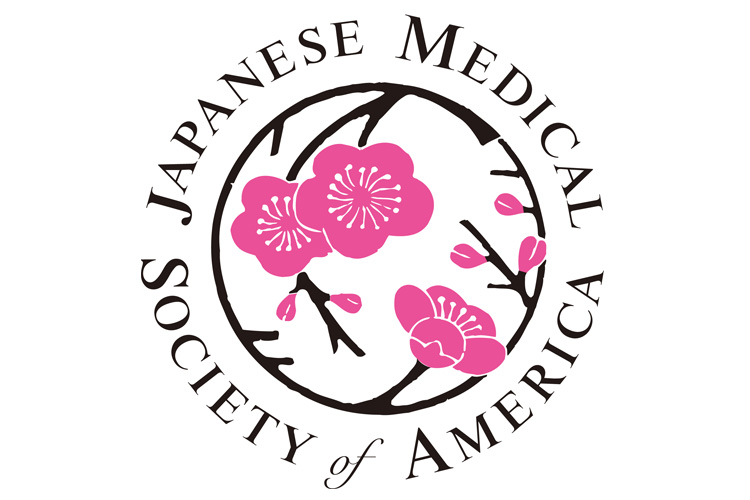Dr. Yu Inoue

With the generous support of the Japanese Medical Society of America, I participated in a five-day training program in New York this April. In the field of family medicine, I observed the Patient-Centered Clinical Method in practice—physicians listening attentively to patients’ narratives and viewing each case within the context of the patient’s life. It deeply impressed me and reaffirmed my belief in the importance of humanistic, trust-based care. In the field of infectious diseases, I witnessed swift, evidence-based clinical decisions made in close collaboration with public health authorities, highlighting the integration of knowledge and action. At an ophthalmology clinic, seeing a fellow resident of my generation diligently working in a foreign environment inspired me to approach my own daily training with renewed dedication. This experience allowed me to reflect on my values as a physician and strengthened my resolve to contribute to the rebuilding of community healthcare in Fukushima, where I hope to serve as a family physician. I sincerely thank JMSA for this invaluable opportunity.
Dr. Takashi Mochida

During this training program, I had the invaluable opportunity to visit a variety of primary care settings as well as university hospitals, which allowed me to gain firsthand exposure to real-world clinical practice in the United States. By observing and engaging in these diverse healthcare settings, I was able to deepen my understanding of the structural and procedural differences between the Japanese and American medical systems, including contrasts in healthcare delivery, insurance coverage, and patient care approaches. Although I encountered some difficulties in communicating effectively in English, I actively asked questions and participated in discussions, which enabled me to broaden my perspective and develop a more global view of medical practice. I am sincerely grateful to all the individuals and institutions who made this meaningful and enriching experience possible.
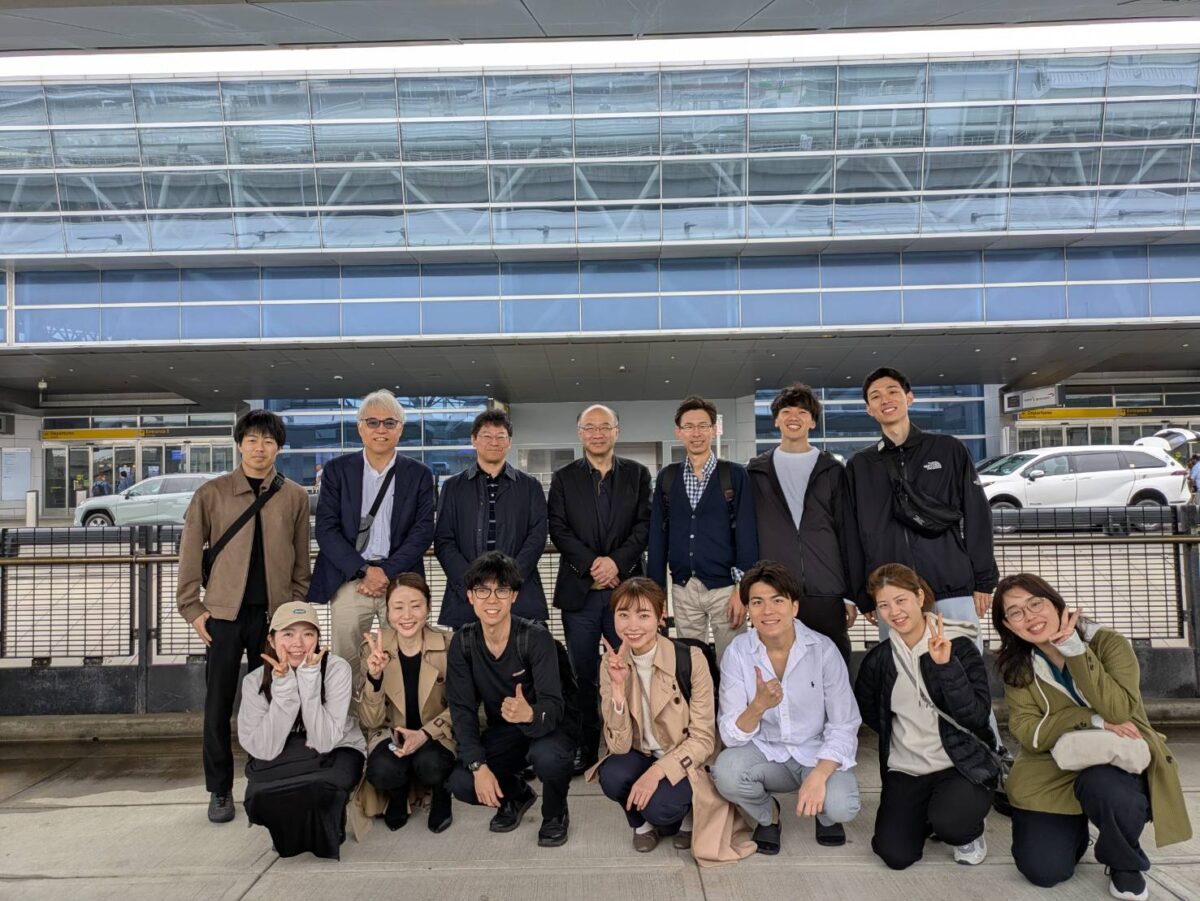
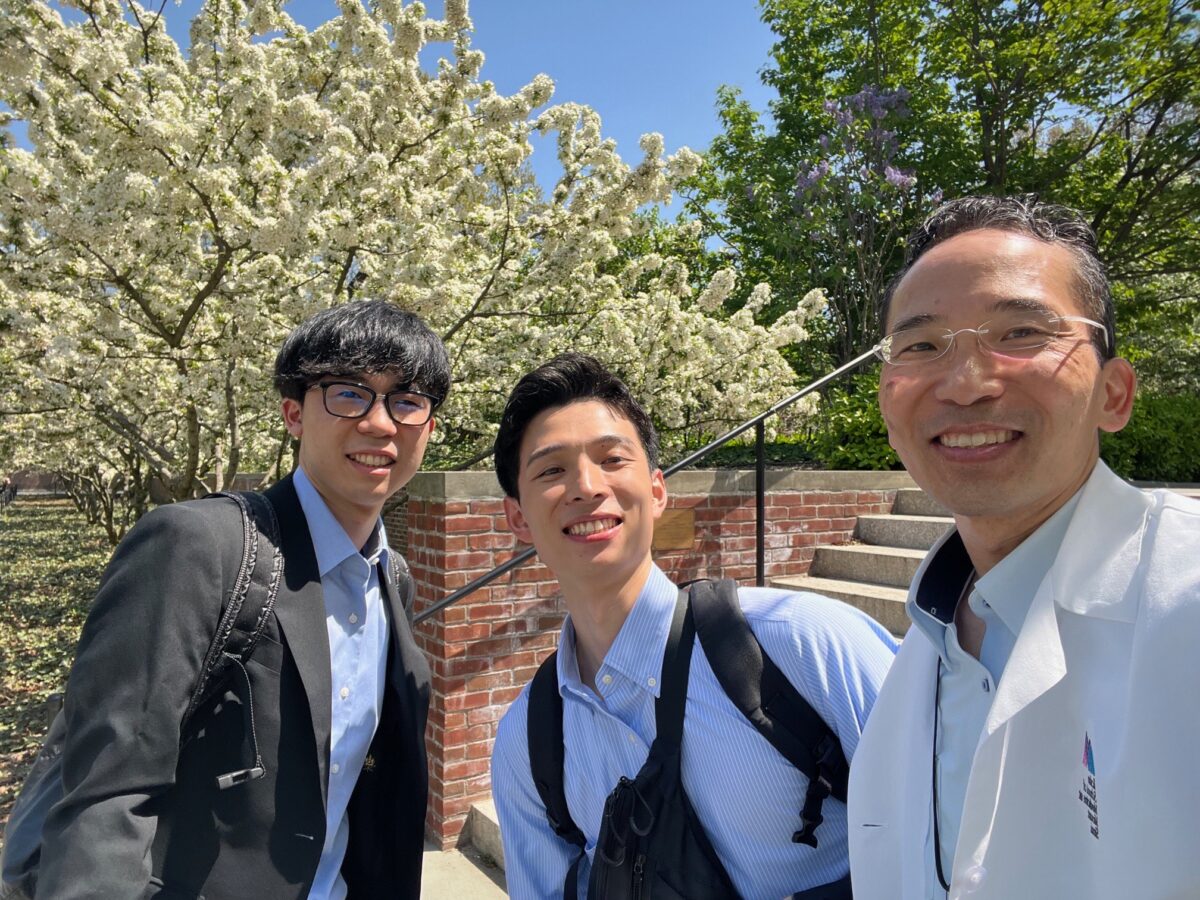
Dr. Shiho Noriage
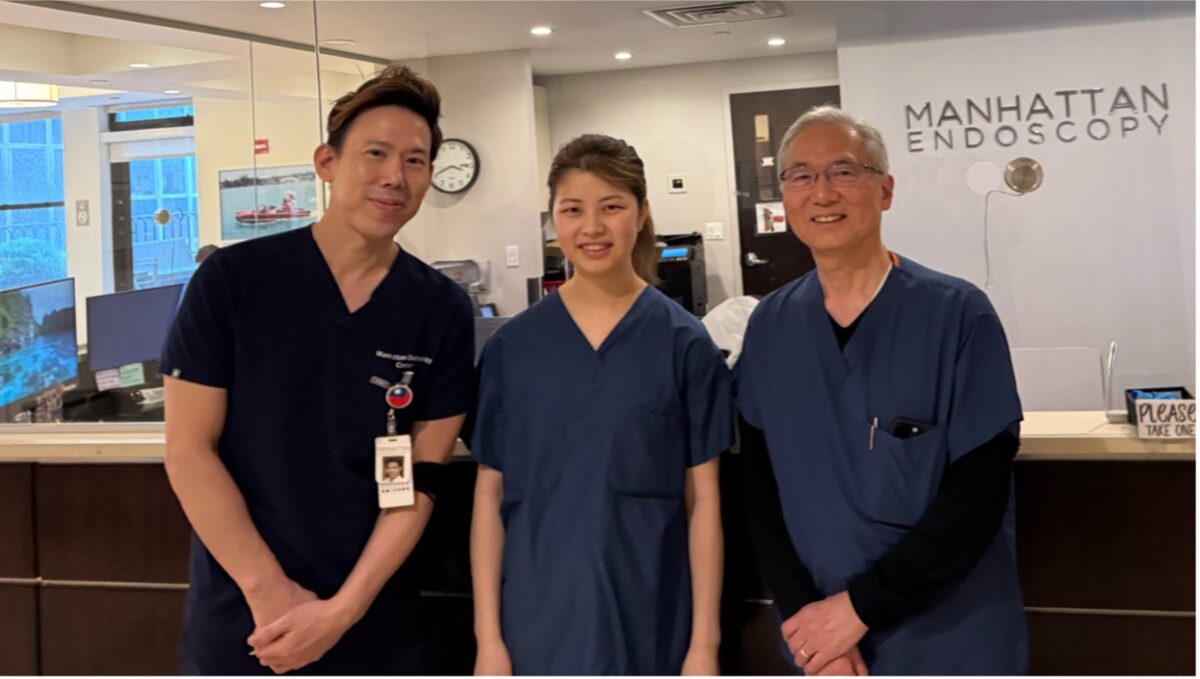
I’m Shiho Noriage, a second-year resident at Iwate Prefectural Isawa Hospital. I would like to sincerely thank everyone who made this training program in New York possible. It was a truly inspiring and eye-opening experience.
One of the most striking differences I observed was the structure of the American healthcare system. Unlike Japan’s universal coverage, the U.S. system includes difficult systems like deductibles and managed care which significantly affect access and examinations in clinical practice. This made me realize how important it is to understand our own system deeply in order to appreciate the global diversity in medical care.
I was also impressed by American patients’ willingness to engage in discussions about their health and treatments. Observing Dr. Iwahara’s calm and respectful communication with patients reminded me of the importance of building trust and maintaining empathy.
At the Manhattan Endoscopy Center, I had the opportunity to speak with anesthesiologists, which was meaningful as I aim to specialize in anesthesiology. Their advice on patient safety and professional mindset was highly valuable.
This experience has broadened my perspective and strengthened my motivation to become a better physician. I am truly grateful for the warm support and guidance I received. I hope that junior residents from Tohoku will continue to be inspired by experiencing medical care in New York.
Dr. Yuri Okamura
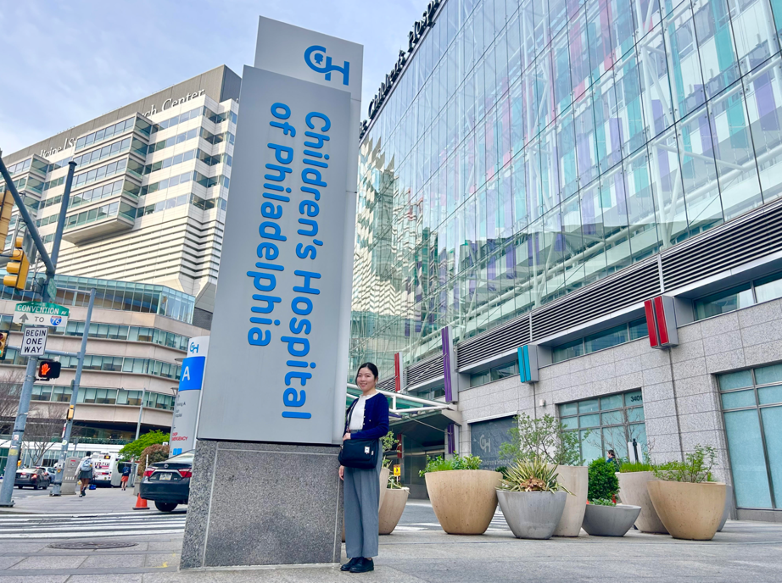
I had the privilege of observing the Department of Anesthesiology at the Children’s Hospital of Philadelphia (CHOP) for one week. This experience was both inspiring and transformative. I was particularly impressed by the hospital’s emphasis on flexibility, efficiency, and team-based care. Surgeries began early, yet residents were allowed to leave once their responsibilities were fulfilled, fostering a healthy work-life balance. One memorable moment was when an attending physician encouraged us with a cheerful “Good job! Run away!”—a reflection of the supportive environment. I was also struck by the collaborative nature of postoperative handoffs, where anesthesiologists, surgeons, nurses, and even family members participated actively. Compared to Japan, CHOP’s approach felt more open and communicative. Although I initially felt uncertain, I gradually gained confidence through daily interactions with attendings and residents. This opportunity greatly deepened my understanding of pediatric anesthesiology, and I am sincerely grateful to the department and everyone involved for their warm support and generosity.
Dr. Rika Tanaka
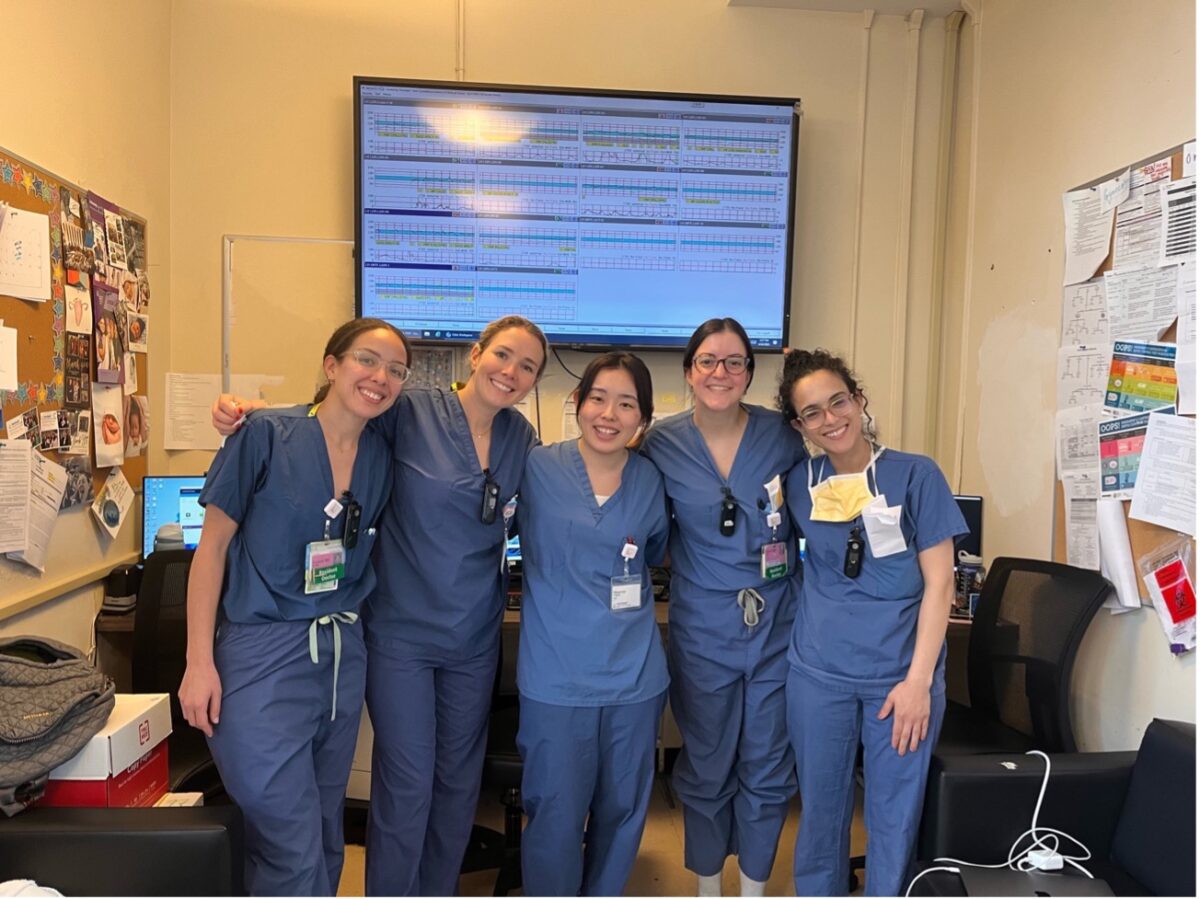
First, I would like to thank everyone involved who made this experience possible. During the week, I visited Lennox Hill Hospital and NY Midtown OBGYN and observed many OBGYN procedures, some completely new for me, and some almost the same as those performed in Japan. Being able to shadow residents was a good experience for me, since it made me realize that I need to put more effort into my own resident and become more proactive. I was also impressed by how willing all the attending doctors were to teach and kindly answer my questions. I’m even a little ashamed for not asking more questions. Currently, I am very motivated and trying to work much harder in my own residency program, so I am very thankful that I was able to take part in this program. Once again, thank you for all the support and the precious experience.

